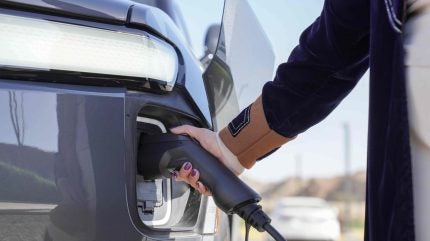
Spearheaded by Saudi Arabia’s Public Investment Fund, NEOM is a futuristic high-tech project designed to harness technology, sustainability and business for a new planned city in Saudi Arabia. It is part of efforts to diversify Saudi Arabia’s economy. A sustainable and connected mobility ecosystem is an important part of the vision. In this guest article, Michel Ladrak, Head of Mobility, NEOM, describes the NEOM vision of future green mobility.
The severe wildfires that California has been experiencing recently have added further fuel to claims that climate change is increasing this annual devastation. Of the 20 largest fires in California’s history, eight have occurred in the past three years1 and with the fires starting earlier and finishing later, California’s wildfire season is becoming an almost year–round event2 .
With the transport sector responsible for approximately a quarter of all greenhouse gas emissions, it is certainly implicated in the climate change issues we are witnessing. Transport derives 95% of its energy from fossil fuels3 and although the number of electric vehicles (EVs) on the world’s roads is growing, figures show that sales have recently slowed4. Several factors for this have been identified, including concerns about EV resale values, fears about changes in government policy for electric vehicles, and worries over a lack of rapid-charging infrastructure5.
Norway is one country that is bucking this trend. The Scandinavian nation’s EV sales have continued to remain strong, with these vehicles accounting for nine out of 10 new passenger car sales in 20246 . This has been achieved through generous government subsidies, investment in infrastructure and incentives for day-to-day driving, such as free parking, free charging, congestion charge exemption and permission for EVs to use bus lanes. It is also noteworthy that the country has embraced the future of electric transport despite its wealth of oil and gas natural resources, which it could easily put to domestic use if it chose to.
Saudi Arabia, once known for fueling the world’s internal combustion engine vehicles, is now poised to lead the global transition away from fossil fuel-based transport. While Norway has been able to tap into its renewable hydroelectricity, which accounts for 88% of its energy production7, Saudi Arabia similarly enjoys an abundance of renewable energy derived from the sun, with solar power having the capacity to meet all the country’s energy needs8.
Thanks to its commitment to green mobility, Saudi Arabia has the potential to not only transition its domestic sector away from fossil fuels as Norway has done, but to accelerate the global shift towards delivering sustainability, in the process becoming a world leader for sustainable transport.
Under Saudi Vision 2030, the Kingdom is creating a comprehensive EV ecosystem underwritten by favorable policies for EV adoption and significant investments in EV infrastructure. The Kingdom has already established its first automotive brand, Ceer, to design, manufacture and sell electric vehicles9 and in early 2025, the company signed USD 1.4 billion worth of deals at a PIF event to support the launch of its first model, which is scheduled for 202610. The establishment of Ceer follows the 2023 opening of a Lucid Group car factory at Saudi Arabia’s King Abdullah Economic City, Jeddah – the country’s first-ever car manufacturing facility and Lucid Group’s first international plant. The site will produce Lucid’s electric vehicles for Saudi Arabia’s domestic market, as well as for export11.
NEOM’s Mobility sector is playing its role in helping the Kingdom meet its sustainable transport sector objectives and is developing a fully sustainable mobility ecosystem for its range of developments. These include the linear city THE LINE, the mountain retreat Trojena, the coastal region of Magna, and the port and manufacturing center, Oxagon. Unlike most cities, which are retrofitting infrastructure for new technology and vehicles, NEOM is designing a new mobility paradigm from the ground up. NEOM has made significant progress in developing its charging infrastructure, which will support the incorporation of EVs into our shared public transport system. The sector has installed charging stations in six areas across the region as part of its long-term plan to offer full connectivity across NEOM. These new stations support the expanded use of its EV fleet, which, with around 140 electric vehicles for use by the NEOM community members, is the largest electric vehicle fleet in the Kingdom. More charging stations are in the pipeline and will be progressively rolled out as Mobility’s network grows.
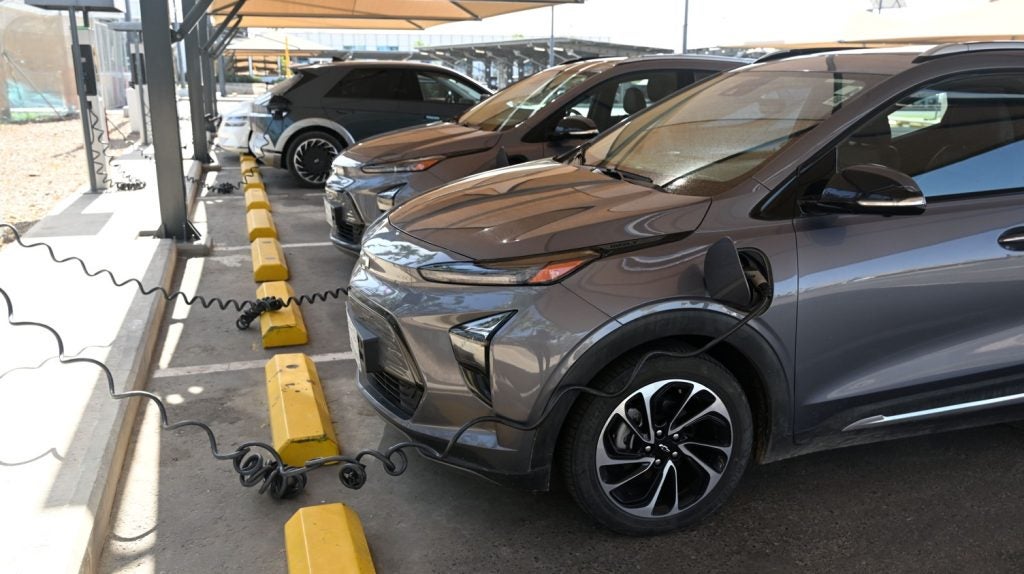
While electrification of infrastructure and vehicles is an essential element in delivering sustainable mobility, it is far from being the sole component. NEOM’s Mobility strategy is prioritizing shared mobility and automation as fundamental pillars of its future transport model. Shared mobility reduces congestion, enhances accessibility and decreases the environmental footprint of transportation. By integrating on-demand shuttles, autonomous taxis, and app-based ridesharing, NEOM can create a seamless, multimodal transport system that is both efficient, comfortable and better for the future of the region and indeed, our planet.
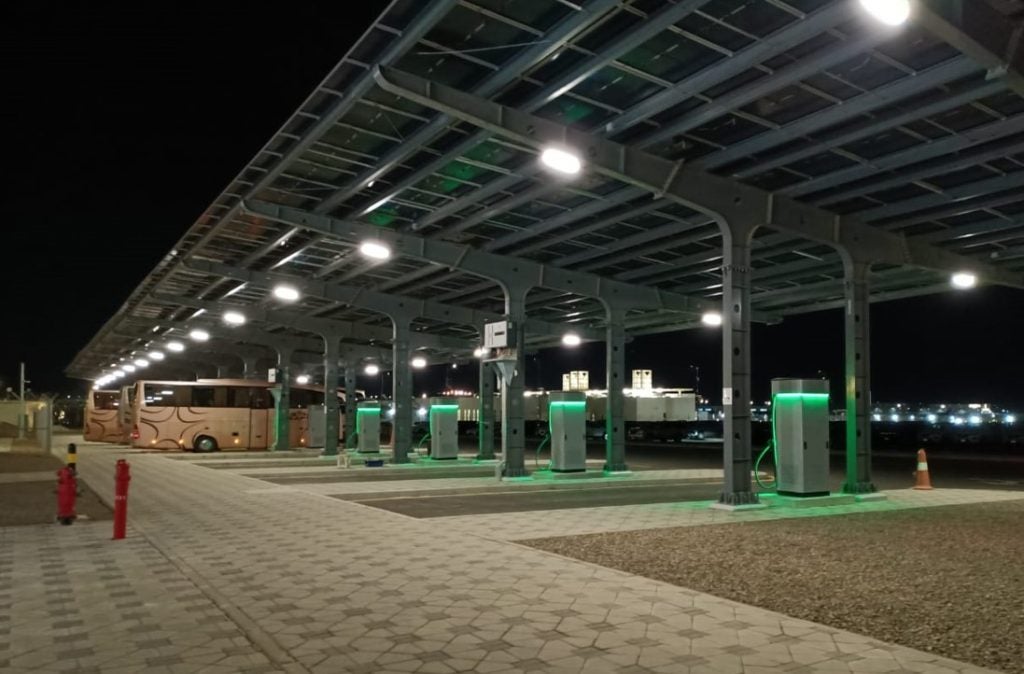
Within the next decade, cities which have not embraced autonomous transport will be gridlocked, inefficient and economically disadvantaged. NEOM is showing the world how to avoid this fate. Autonomous electric shuttles and ride-sharing fleets can operate at peak efficiency, minimizing energy waste and improving overall user experience. NEOM’s partnership with Pony.ai—one of the world’s leaders in autonomous driving technology—has resulted in Saudi Arabia’s first permit for autonomous vehicle testing, marking a significant milestone in the Kingdom’s mobility transformation.
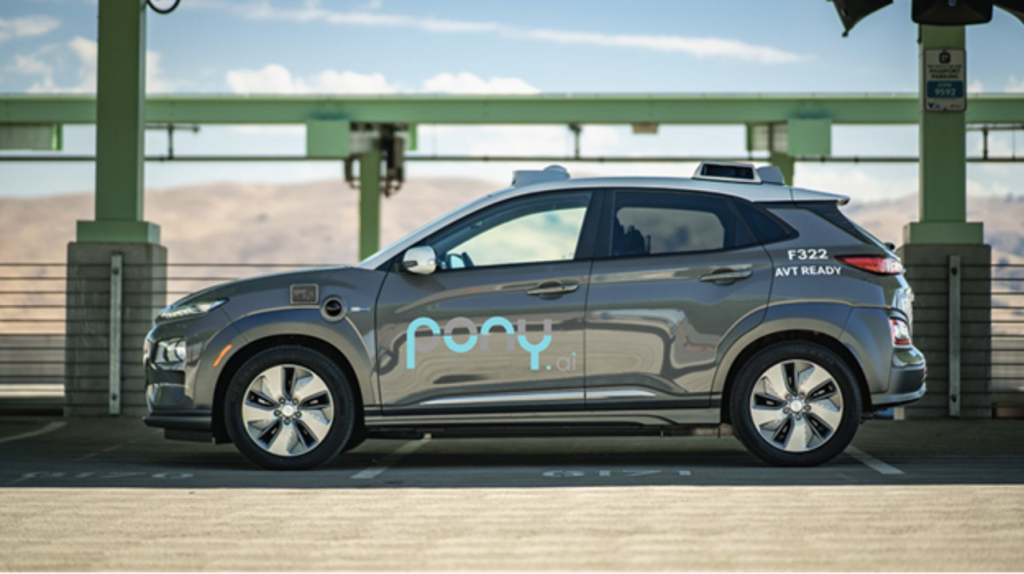
Finally, we need to state the importance of hydrogen as a growing source of clean energy and an increasingly significant aspect of green mobility. Hydrogen fuel cells provide a sustainable alternative for heavy-duty transport where battery-electric solutions may not be as practical due to weight and range limitations. Hydrogen-powered vehicles play a crucial role in NEOM Mobility’s ecosystem and I see it playing a much more important role as a fuel for transport moving forward, particularly with construction vehicles. Off-highway hydrogen vehicle applications confer the advantages of not only zero emissions but also reduced noise on construction sites.
In support of NEOM’s growth, Mobility is progressively expanding its portfolio of clean energy solutions to ensure a diversified approach. Through electrification, shared mobility, automation and hydrogen, the sector is driving the project’s transport transformation and creating a fully integrated transport ecosystem powered by clean energy. NEOM is a living lab for next-gen mobility, testing and refining solutions that can be scaled globally.
The global transition to sustainable mobility is not a matter of ‘if’ but ‘when’. The question is: Who will lead the way? Saudi Arabia is stepping up—and, through NEOM, the Kingdom is creating a new model for public transport—one that centers on sustainable mobility… and one that successfully consigns climate-changing transport emissions to history.
By Michel Ladrak, Head of Mobility, NEOM
MICHEL LADRAK – Head of Mobility
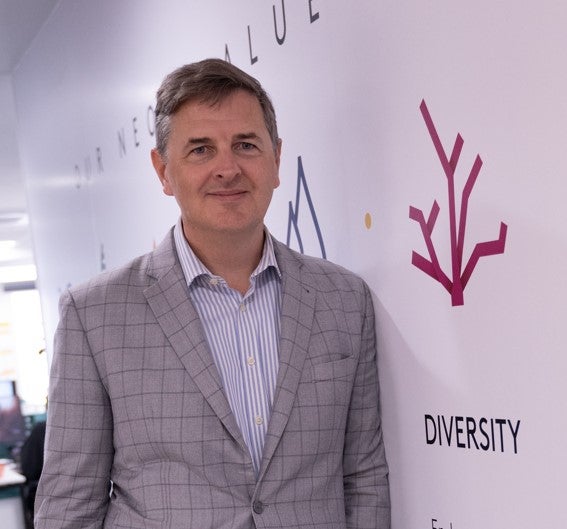
As Head of Mobility at NEOM, Michel Ladrak leads on overall urban development and mobility systems for the giga-project, including road, rail, water and vertical air mobility. Heading up a dedicated team tasked with ensuring that NEOM becomes a benchmark for best practice in autonomous vehicles and a model of future urban mobility, Ladrak brings a wealth of international experience in public sector transport across an array of sectors to his multi-faceted role.
Before joining NEOM, Ladrak was the Chief Operations and Technical Officer at the Group level for Transdev, a France-based international private-sector public transport company that operates in 17 countries and territories. Responsible for rail, metro, tramways, zero-emission operations and autonomous vehicle technology, his portfolio encompassed safety, maintenance, asset management, quality management, and business development. Included in his roles with Transdev, Ladrak was the Managing Director for the company’s rail operations in Auckland, New Zealand.
Other former mobility roles that Ladrak has held include as Head of Operations for the UK-based bid team of Abellio, a public transport company that operates bus and rail services in Germany, the Czech Republic and the Netherlands, where he secured the GBP 6 billion ScotRail and GBP 3.5 billion Greater Anglia franchise contracts. He also gained experience with Abellio in the Netherlands at the Nederlandse Spoorwegen, where he was Operations Director for the Hague area.
Ladrak was previously the President and General Manager of the British Columbia Rapid Transit Company in Vancouver, Canada, responsible for North America’s largest autonomous metro system and the maintenance of all its assets, including USD 10 billion in capital projects. He was a member of the TransLink Executive Committee, Vancouver’s public transport authority, and the President of West Coast Express, a regional commuter service. In 2022, Ladrak and his team won the APTA Rail Safety Excellence Gold Award.
Ladrak was a member of the New Zealand TrackSafe board, a charitable trust that aims to prevent harm occurring on the country’s rail corridor. Formerly a board member of Translink’s captive insurance company, he holds a master’s degree in economics from the University of Maastricht, Netherlands.
Notes
- https://ww2.arb.ca.gov/wildfires-climate-change
- https://www.frontlinewildfire.com/california-wildfire-map/
- https://www.un.org/sites/un2.un.org/files/media_gstc/FACT_SHEET_Climate_Change.pdf
- https://about.bnef.com/blog/are-global-ev-sales-really-slowing-down/
- https://www.goldmansachs.com/insights/articles/why-are-ev-sales-slowing
- https://thedriven.io/2025/01/17/evs-account-for-9-out-of-10-new-passenger-car-sales-in-norway-in-2024/
- https://www.bbc.com/news/articles/cg52543v6rmo
- https://www.infrajournal.com/en/w/oslo-capital-ev-cars
- https://www.arabnews.com/node/2492926/business-economy
- https://www.arabnews.com/node/2589976/business-economy
- https://lucidmotors.com/media-room/lucid-makes-history-saudi-arabia-first-car-manufacturing-facility







